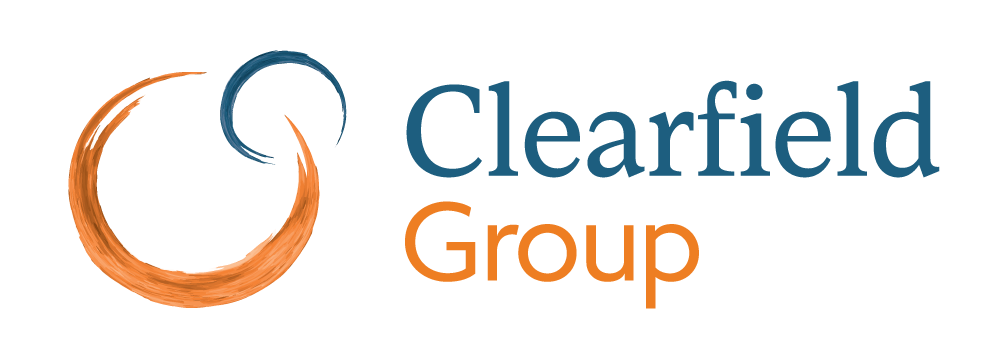Hint: It doesn’t have anything to do with you.
I’m fascinated by the psychologist Gary Klein, who studies “naturalistic decision making” — a fancy term for intuition.
Fans of Klein might remember that Malcolm Gladwell wrote about his research in Blink, with the story of the firefighter who relied on his “sixth sense” to pull his team out of a house moments before the floor collapsed. The firefighter noticed something that didn’t match the pattern of a normal fire. And though he couldn’t figure out exactly what was off, he acted quickly and saved lives.
Klein, who is kind of a badass, set out to study things differently than the typical psychology researcher. He and his team hung around with experts: cops, nurses, soldiers, and even wildfire crews. The researchers asked the experts to talk about how they resolved unusual situations they encountered at work.
In one striking story, an experienced nurse monitoring a premature infant in a busy ICU realizes that the baby has an infection. She gives him medication and saves his life. The nurse hadn’t made a formal assessment. Instead, she had noticed his changing skin color and glassy eyes, a subtle combination of cues that gave her the sense that there was a problem. She couldn’t explain exactly what she saw; she just knew.
We can all develop this kind of intuition and access the “gut feeling” that it provides (I’ll touch on how in a future newsletter). But first, it’s important to understand that intuition doesn’t work in all situations. In fact, its evil twin, cognitive bias, sits ready to trick us.
Intuition develops when we repeatedly experience situations and get feedback on what happened.
The firefighters and ICU nurses that Klein studied, for example, were constantly making decisions and seeing the results. They operated in environments where there were both a lot of decisions and a lot of feedback. In the literature, these are called “kind environments.”
Some business environments are like that. Salespeople can learn what tactics move a sale forward and adjust their approach accordingly. Over time, they can hone their intuition — but only if they actually talk with enough people and know which deals close.
But other situations, like acquiring a company or launching a novel product, don’t happen often enough or are too complex to provide useful feedback. In these so-called “wicked environments,” we’re more likely to create self-consistent narratives that validate our beliefs. And even when we do get data after the fact, these situations are so complex it’s easy to rationalize away anything that didn’t meet our expectations.
Even hiring is in a wicked environment. We inevitably exclude qualified candidates (and never get any data on how well they would have done). And, in typical companies, we hire people and don’t track how well our interview assessments correlate with their performance (which is, indeed, also very hard to measure).
It’s hard to learn in wicked environments. But it turns out that it’s worse than that. We think we’re getting better over time when, in fact, we’re just getting more confident.
In wicked environments, cognitive biases masquerade as intuition. So instead of trusting our gut, we need to break decisions down into simpler parts and use tools to structure our thinking — like establishing criteria for success ahead of time and scoring options against those criteria.
Digging into this research was one of my favorite parts of writing Meltdown; we have a whole chapter on intuition, wicked environments, and tools to structure our thinking. If you want to know more, check out the book (Chapter 5) or this great paper written by Daniel Kahneman and Gary Klein himself.
Which parts of your work are in kind environments? Wicked ones? I’d love to hear your thoughts.

